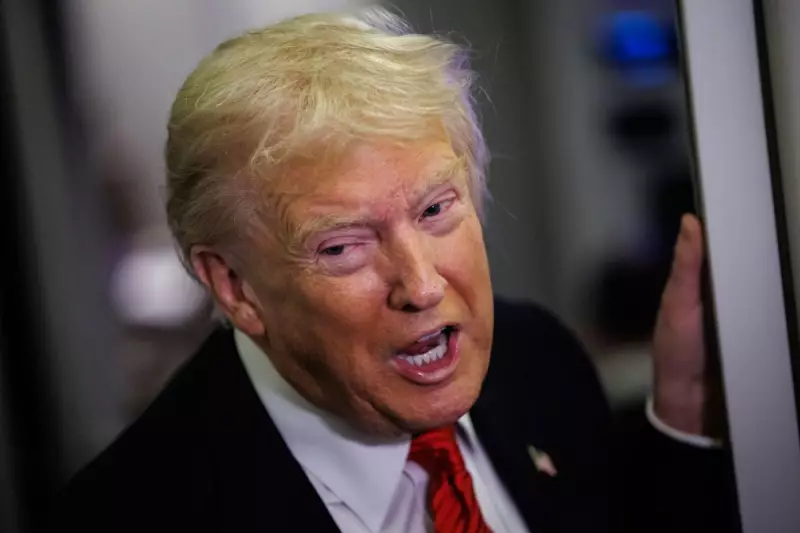
New York City is witnessing a political transformation of historic proportions as fresh faces emerge to challenge the established order. In a stunning development that signals changing tides in American urban politics, Brooklyn has elected its first Muslim woman to the City Council.
A New Political Era Dawns in Brooklyn
Shahana Hanif, a community organiser and political newcomer, has shattered barriers by securing a landmark victory that positions her as a trailblazer in New York's political landscape. Her election represents not just personal triumph but a significant milestone for representation in one of America's most diverse cities.
Political Earthquake: Cuomo's Downfall and Trump's Shadow
The political upheaval extends far beyond local elections. New York Governor Andrew Cuomo's dramatic resignation following multiple scandals has created a power vacuum that's reshaping the state's political dynamics. Meanwhile, the spectre of Donald Trump potentially launching another presidential bid in 2024 looms large over the Republican party.
These simultaneous developments create a perfect storm in New York politics, where established political dynasties are being challenged by grassroots movements and new voices demanding representation.
What Hanif's Victory Means for New York
Hanif's groundbreaking election signals several important shifts in New York's political consciousness:
- Diversity breakthrough: Her victory demonstrates the growing political power of Muslim communities in New York
- Progressive momentum: The success of community-organised campaigns over traditional political machines
- Changing demographics: Brooklyn's evolving population finding new political representation
- Youth engagement: Younger voters and candidates reshaping the political conversation
The Bigger Picture: National Implications
These New York developments don't exist in isolation. They reflect broader national trends that could influence American politics for years to come. The combination of establishment figures facing accountability and new diverse voices emerging suggests we may be witnessing a fundamental realignment in how politics functions in urban America.
As New York goes through this period of intense political transition, all eyes will be on how these new leaders navigate the complex challenges facing America's largest city while established political forces regroup and reconsider their strategies.






